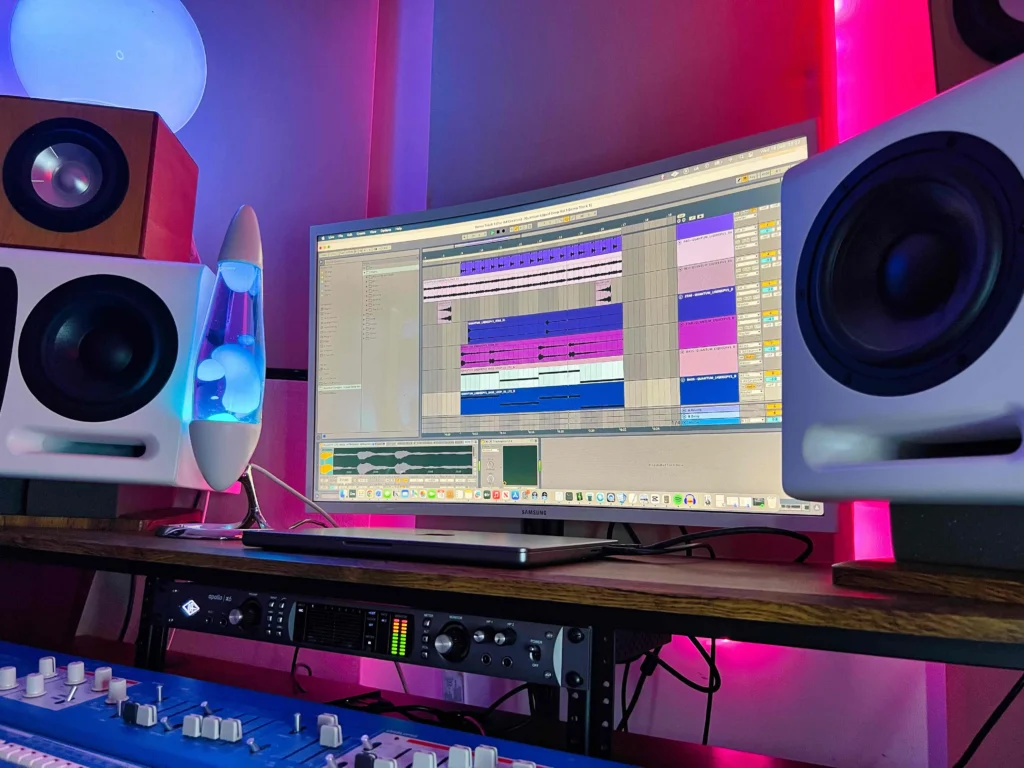How to Use Feedback to Improve Your Music Production: A Guide for Music Producers
As music creators, we often view our work as an extension of ourselves. This emotional attachment can make receiving unfavourable feedback feel like a personal attack. However, feedback – whether positive or negative – can be a valuable tool in improving your music production process. In this guide, we’ll explore how to handle feedback effectively and use it to take your music to the next level.
Receiving feedback on your music can be tough, especially when it’s not what you were hoping for. It’s important to remember that feedback reflects the listener’s perspective, not your abilities as a music producer. Instead of taking it personally, try to detach from the emotional side of the feedback and focus on the suggestions themselves.
Detach Emotionally: How to Handle Negative Feedback in Music Production
By approaching feedback with an open mind, you can evaluate how the advice might enhance your track. This ability to separate emotion from critique will help you improve your skills as a producer and keep you focused on your music’s growth.
Feedback: A Tool for Growth, Not an Attack on Your Worth
Feedback is essential for music production growth, but it’s crucial to reframe it as a tool for improvement, not a judgment of your work. While you don’t need to agree with every suggestion, ask yourself: “Does this feedback make my track better?”
Consider the feedback you receive as advice to improve your music rather than a personal critique. Embracing feedback can accelerate your development as an artist and producer by offering new perspectives and refining your sound.
How to Maximize the Impact of Track Feedback
One of the most common mistakes music producers make is sharing every draft of their track for feedback. When you send multiple versions with comments like “I still need to fix this,” it can shift focus to small details instead of the overall track. This can lead to feedback that isn’t helpful.
Instead, treat each submission as a draft, much like a writer would with a book. Before seeking feedback, try to get your track as close to “finished” as possible. This allows listeners to focus on the bigger picture and provide clearer, more valuable insights on the overall quality of your music.
The Power of Constructive Feedback in Music Production
The key to thriving as a music creator is understanding that feedback is not an attack but an opportunity for growth. By staying open-minded, evaluating the relevance of the feedback, and continuously refining your process, you’ll evolve as a producer. Remember, feedback is about improving your music, not about you as an individual.
Conclusion: Embrace Feedback to Evolve as a Music Producer
The next time you receive feedback on your music, remind yourself that it’s a powerful tool for improvement. Use it to refine your music production process, enhance your tracks, and become a better producer. Keep learning, stay open to advice, and let feedback help you unlock your full potential as a music creator.

